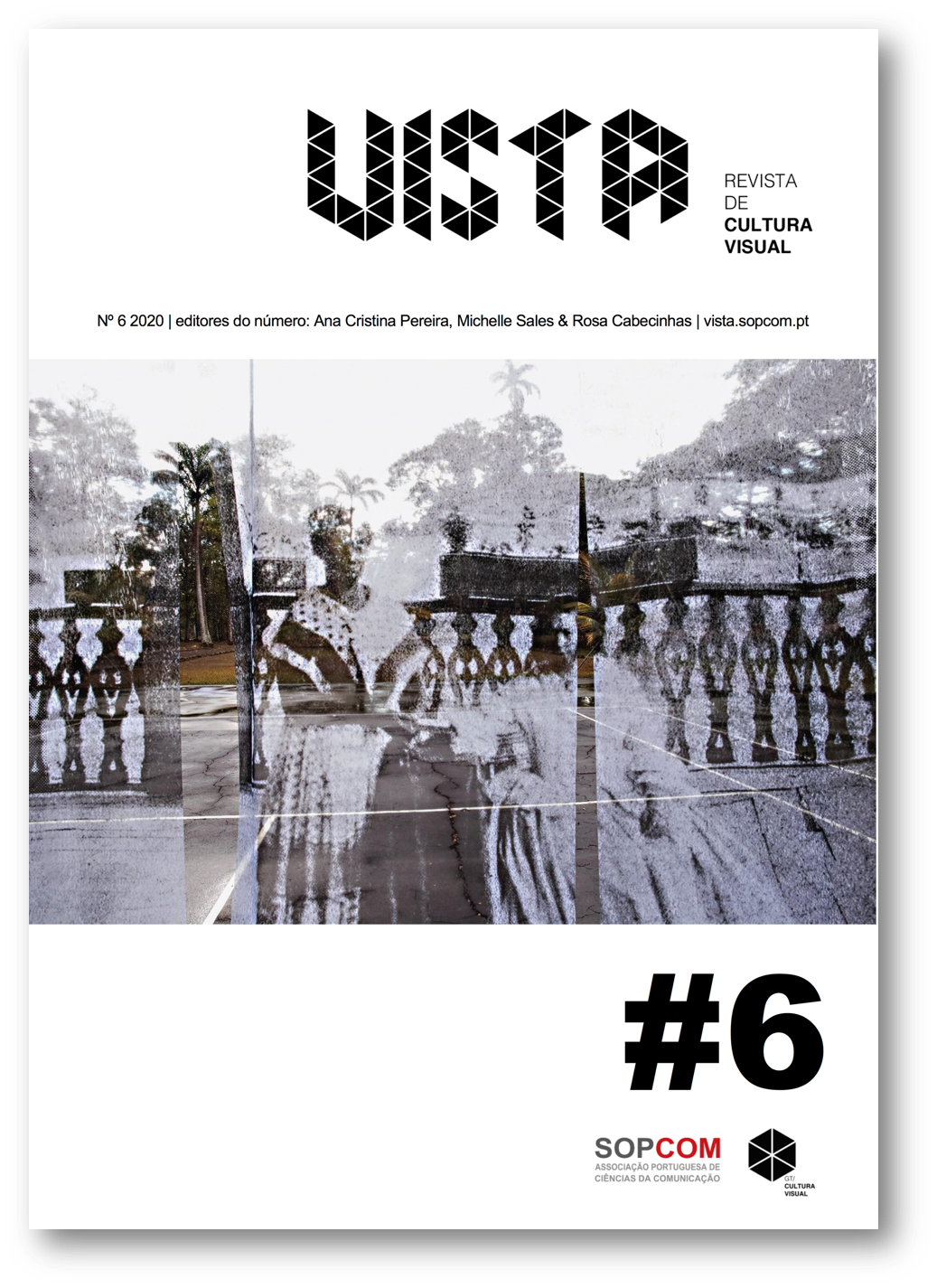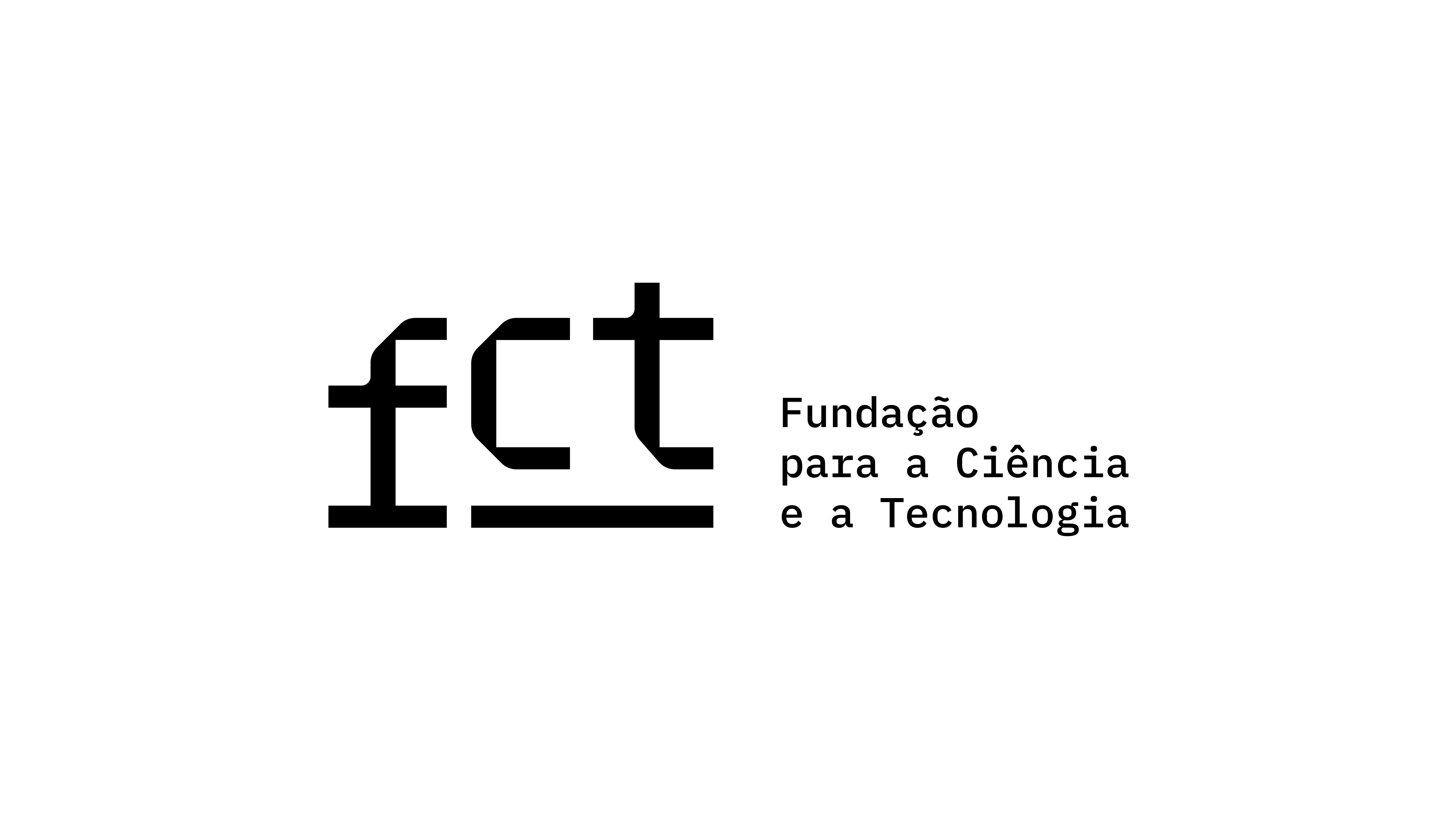Body, ancestry, and ecstasy: reading Rotimi Fani-Kayode’s photographs in contemporary times
DOI:
https://doi.org/10.21814/vista.3059Keywords:
black gay body, photographic narratives, affection, enduranceAbstract
This article addresses different appropriations and representations of the lives of Black gay men, from the African diaspora and with transits established in late twentieth-century Europe, concerning the photographic essays of the Nigerian artist Rotimi Fani-Kayode (1955-1989), who lived for a long time in late twentieth-century England. This work seeks, through the analysis of the transit experienced by the artist between Africa and Europe, as well as in the power of the most diverse languages used in his photo essays, to give a contemporary reading of the male homosexual black body based on an eroticism and spirituality that escape the hegemonic and heteronormative narratives that have long imprisoned these ways of seeing and narrating Black gay men in the enclosure of racial tensions, homophobic crimes and conflicts of other order of sexuality.
Downloads
References
Achebe, C. (1965). English and the African Writer. Transition, 18, 1783-1794.
Achebe, C. (1998). The Trouble with Nigeria. Lagos: Fourth Dimension Publishing Company.
Achebe, C. (2009). The Education of a British-Protected Child. New York: Anchor Books.
Achebe, C. (1990). What Literature Has Got To Do With It?. In Achebe, C. (Ed.), Hopes and Impediments: Selected Essays (pp. 154-170). New York: Anchor Books.
Adibe, J. (2015). The 2015 Elections in Nigeria: the issues and challenges. In Adibe et al, Foresight Africa: Top Priorities for the Continent in 2015 Report (pp.3-9). Washington DC: The Brookings Institution, Africa Growth Initiative. Retrieved from: https://www.brookings.edu/wp-content/uploads/2016/07/foresight-africa-full-report- FINAL.pdf
Adichie, C. N. (2008). African “Authenticity” and the Biafran Experience. Transition, 99, 42-58. doi: 10.2979/TRS.2008.-.99.42
Adichie, C. N (2016, October 18). Nigeria’s Failed Promises. The New York Times. Retrieved from: https://www.nytimes.com/2016/10/19/opinion/chimamanda-ngozi- adichie-nigerias-failed-promises.html
Azodo, A. U. (2008). Interview with Chimamanda Ngozie Adichie: Creative Writing and Literary Activism. Retrieved from: http://citeseerx.ist.psu.edu/viewdoc/download?doi=10.1.1.551.6641&rep=rep1&type=p df
Akinola, O. (2013). The Rebirth of a Nation: Nollywood and the Remaking of Modern Nigeria. The Global South, 7(1), 11-29. doi: 10.2979/globalsouth.7.1.11
Appadurai, A. (1997). Soberania sem territorialidade: notas para uma geografia pós- nacional. Novos Estudos, 49, 33-46.
Appiah, K. A. (2014). Na casa de meu pai: a África na filosofia da cultura. Rio de Janeiro: Contraponto.
Akinwotu, E. (2018, March 30). Blackmail, prejudice and persecution: gay rights in Nigeria. The Guardian. Retrieved from: https://www.theguardian.com/global- development/2018/mar/30/blackmail-prejudice-persecution-gay-rights-nigeria.
Coates, T. (2015). Between the World and me. New York: Random House.
Dabiri, E. (2014, January 21). Why I’m not an Afropolitan. Africa is a Country. Retrieved from: http://africasacountry.com/2014/01/why-im-not-an-afropolitan/
Falola, T. & Heaton, M. M (2008). A History of Nigeria. London: Cambridge University Press.
Falola, T. & Aderinto, S. (2010). Nigeria, Nationalism, and Writing History. New York: University of Rochester Press.
Fani-Kayode, R. (1996). Traces of Ecstasy. In Fani-Kayode, R. and Hirst, A. (Eds.). Photographs (pp. 4-11). London: Autograph.
Freitas, G. (2015, January 31). Dramaturgo nigeriano Wole Soyinka, ganhador do Nobel, alerta para o avanço do Boko Haram. O Globo. Retrieved from: http://oglobo.globo.com/cultu-ra/livros/dramaturgo-nigeriano-wole-soyinka-ganhador- do-nobel-alerta-para-avanco-do-boko-haram-15201203
Mbembe, A. (2007). Afropolitanism. In Simon, N. (Ed.), Africa Remix: Contemporary Art of a Continent (pp. 26–30). Johannesburg: Jacana Media.
Matos, P. F. (2014). A fotografia na obra de Mendes Correia (1888-1960): modos de representar, diferenciar e classificar da “antropologia colonial”. In Vicente, F. L. (Ed.), O Império da Visão: fotografia no contexto colonial português (1860-1960) (pp. 45-66). Lisbon: Edições 70.
Mercer, K. (1996). Eros & Diaspora. In Fani-Kayode, R. & Hirst, A (Eds.), Photographs (pp. 108-121). London: Autograph.
Ogbechi, O. (2008, April 4). “Afropolitanism”: Africa without Africans. AACHRONYM Global African Arts with a focus on art-equity and cultural patrimony. Retrieved from: http://aachronym.blogspot.com/2008/04/afropolitanism-more-africa-without.html
Oyebade, A. (2003). A Retrospect on Colonial Nigeria. In Oyebade, A. (Ed), The Foundations of Nigeria: Essays in honor of Toyin Falola (pp. 1-15). Asmara: Africa World Press.
Santana, S. (2013, February 8). Exorcizing Afropolitanism: Binyavanga Wainaina explains why “I am a Pan-Africanist, not an Afropolitan” at ASAUK 2012. AiW African in Words. Retrieved from: https://africainwords.com/2013/02/08/exorcizing-afropolitanism- binyavanga-wainaina-explains-why-i-am-a-pan-africanist-not-an-afropolitan-at-asauk- 2012/
Selasi, T. (2005, March 3). Bye-Bye Babar. The Lip. Retrieved from: http://thelip.robertsharp.co.uk/?p=76
Selasi, T. (2016, August 5). Teju Cole talks to Taiye Selasi: ‘Afropolitan, American, African. Whatever’. The Guardian. Retrieved from: https://www.theguardian.com/books/2016/aug/05/teju-cole-taiye-selasi-interview- known-strange-things
Siollun, M. (2009). Oil, Politics and Violence: Nigeria’s Military Coup Culture (1966- 1976). New York: Algora Publishing.
Steel, R. (2016, December 28). Nigerian Photographer Rotimi Fani Kayode: Exposing Prejudice Through the Nude. The Culture Trip. Retrieved from: https://theculturetrip.com/africa/nigeria/articles/nigerian-photographer-rotimi-fani- kayode-exposing-prejudice-through-the-nude/
UNHCR, United Nations High Commissioner for Refugees. (2019). Perfil das Solicitações de Refúgio relacionadas à Orientação Sexual e à Identidade de Gênero. Retrieved from: https://datastudio.google.com/reporting/11eabzin2AXUDzK6_BMRmo- bAIL8rrYcY/page/1KIU
Downloads
Published
How to Cite
Issue
Section
License

This work is licensed under a Creative Commons Attribution 4.0 International License.
Authors own the copyright, providing the journal with the right of first publication. The work is licensed under a Creative Commons Attribution 4.0 International License.













